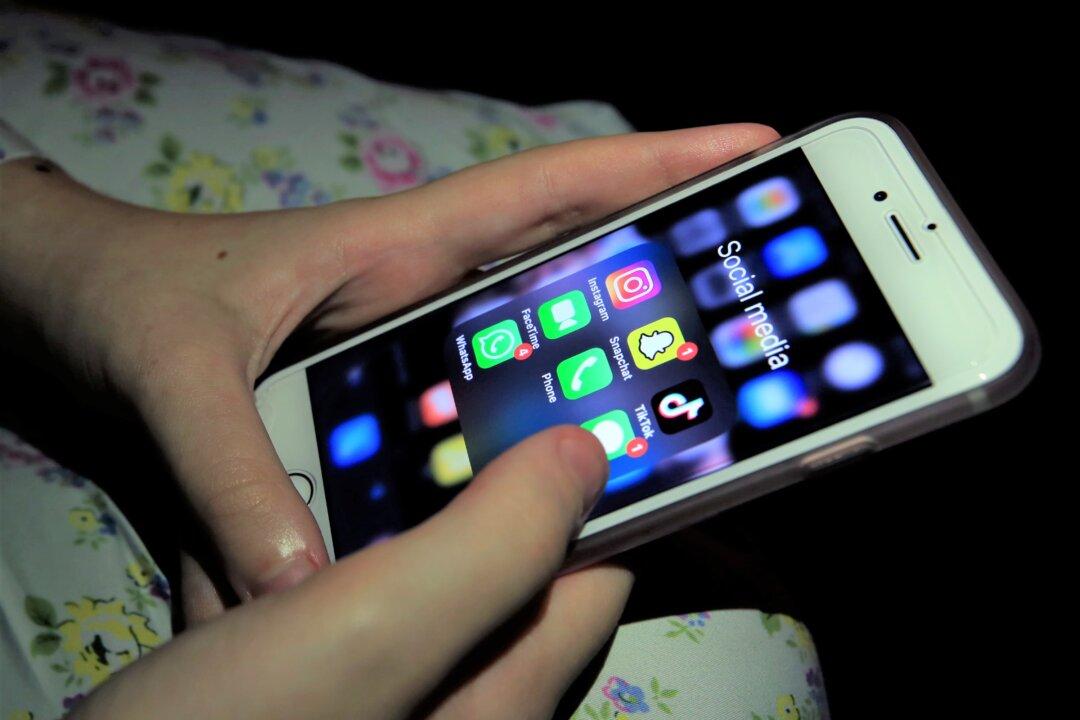Young children are losing out on the equivalent of a full night’s sleep a week because their bedtime routines are being delayed by increased social media use, according to new research.
Researchers from De Montfort University in Leicester, UK, studied social media use and sleep quality in 60 schoolchildren aged 10 to 11 and found that on average they were only sleeping 8.7 hours a night when they should be getting a recommended 9 to 12 hours.





